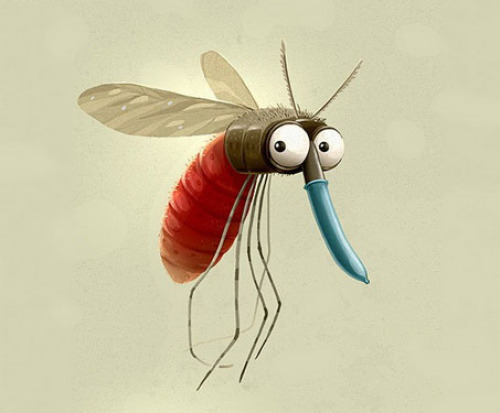
Earlier this year, researchers began testing with genetically modified mosquitoes that could potentially eradicate these blood-sucking pests. Now, a group of experts have found another way to prevent the spread of dengue fever. They found that the use of a special type of bacteria to infect mosquitoes, similar to the effect of the dengue vaccine, could prevent the spread of dengue fever to humans.
Scientists from Rio de Janeiro have infected mosquitoes with a bacterium called Wabac, which can protect against Aedes aegypti carrying the dengue virus and prevent the spread of the virus. When the male mosquitoes with Wabbachi fertilize eggs of female mosquitoes without bacteria, these fertilized eggs do not become larvae. If both female and male mosquitoes carry bacteria, their offspring will also carry bacteria.
The researchers hope that this method will allow Aedes aegypti, which carries Wolbachia, to spread out without having to infect more mosquitoes. The study was initiated by the Fiocruz Institute in Rio de Janeiro and participated in research institutes in Australia, Vietnam and Indonesia. Starting from Tubiacanga in northern Rio, there will be 10,000 mosquito-carrying mosquitoes released to Brazil throughout the four months. At present, Brazil has the highest incidence of dengue fever in the world. In the past five years, there have been 3.2 million cases of infection and 800 deaths.
Prior to the implementation of the plan, a similar project had been conducted earlier this year, using genetically modified mosquitoes to fight dengue fever. These genetically modified mosquitoes will die before they mature. That is to say that the male mosquito performs a suicide mission and mate with the wild female mosquito before dying. The offspring will also die later. In theory, this method can reduce wild mosquitoes that carry and spread dengue fever. In Panama, there are also plans to release genetically modified mosquitoes into the jungle to control the spread of dengue in a similar way.
These genetically modified mosquitoes were made by Oxitec in Oxford and used to control dengue fever in Aedes aegypti, which has two more genes than wild Aedes aegypti. Male mosquitoes that do not bite are released and mated with wild female mosquitoes. The two offspring inherit the two genes, causing them to die before they are reached. They also inherit a marker that is visible under a special light source, making it easier to observe in the wild, and helping scientists to confirm that these methods are indeed effective.
Industrial Aluminum Profile,Aluminum Extruded Profile,Aluminum Extrusion Heat Sink,Aluminum Extrusion Enclosure
Guangyuan Aluminum , https://www.guangyuan-alum.com